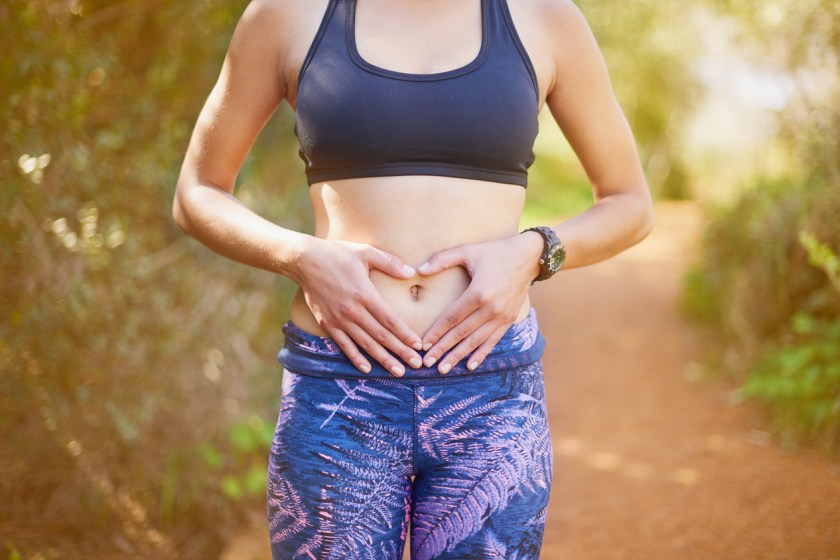There is a lot of buzz happening around the gut health space right now, and it’s not difficult to see why. More than ever before, we’re paying more attention to what we do to our bodies, how we feed it and what we’re applying to it topically, carrying out our own research on ingredients, brand authenticity, health benefits, and focusing on the long-term benefits of our lifestyle decisions.
With this renewed focus on sustainable healthy choices comes growing emphasis on the wellbeing of our gut and digestive function, and more specifically, the health of our gut flora. Probiotics (containing good digestive bacteria) has been a huge area of growth over the past several years, expanding from simple supplements to food and drinks like kombucha and plant-based lattes, bone broths, honey, yoghurts, nuts, chips and other snack foods, even into skincare. Now, we’re seeing the continued emergence and growth of prebiotics – foods that provide nourishment to your existing intestinal flora.
Day by day, the popularity of this trend is changing our way of thinking around gut health. Despite the well-known idiom by Hippocrates “all disease begins in the gut,” the mindset that intestinal balance was linked to all other health ailments used to be reserved for those a bit left-of-centre, or careers based in alternative or traditional therapies like Naturopathy. Nowadays, it’s almost a widely accepted truth that a healthy gut means healthy, well, everything – including skin, hair, nails, joints, bones, even emotional and mental state.
GP and resident Embarrassing Bodies Australia expert Dr. Ginni Mansberg is a big advocate of this more well-rounded approach, saying the scientific research is also behind the movement.
“[our gut microbiome] It’s the biggest organ in our body, there’s a kilo of them in there, and they determine everything from our organs functioning to our brain health and depression, the evidence is coming out on whether seeing a Naturopath, Dietician or Nutritionist is actually better for treating anxiety and depression that social counselling. I think there’s so much to love in your guts and it just makes feeding it so important.”
Even the beauty and wellness spaces are being transformed by the burgeoning gut balance and inner health trend, and supplements, vitamins and drinks designed for both skin and gut health are becoming common place in spas, salons and clinics around the country.
While health experts are loving this shift towards an all-round healthier approach, most maintain that the key is to really pay attention to the signs our bodies provide us with, inside and out, and that symptoms like bloating and pain can sometimes be signs of something much more sinister, such as colorectal cancer.
“The really big symptoms that would raise a red flag include abdominal pain, change in bowel habits, blood in stool, fatigue, and unexplained weight loss,” says Ginni. “It’s probably not anything to worry about, but if it goes on for weeks or months, you have to fight and be your own advocate to get your health taken seriously. Even though bowel cancer under the age of 50 is rare, it does happen.”
According to the Jodi Lee Foundation, Bowel Cancer is the second most common cause of cancer-related death in Australia, and with nearly 17,000 people diagnosed each year, Australia has one of the highest rates in the world. Bowel cancer is prevented if you are proactive and screen regularly, and if detected early, up to 90% of bowel cancers can be successfully treated.
For more information on Bowel Cancer and gut health, visit www.jodileefoundation.org.au.




